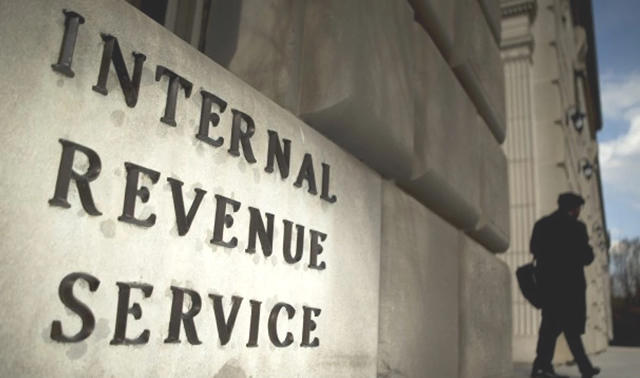Before the IRS can impose a levy on your assets or enact a wage garnishment, they first must inform you of the processes through an official document known as a Notice of Intent to Levy. There are two different Intent to Levy forms: the CP 90 or 297. When you receive this form, the IRS is about to take action on one or more of your assets, which could include wages, commissions, bank accounts, real estate, and other valuable assets A CP 297A is sent once a levy has already been issued on a particular asset, such as contractor payments, employee travel costs, federal reimbursements, and retirement funds.
When you receive one of these forms, you need to act quickly. If you take immediate action, you can avoid the levy taking place. Even if you cannot afford to pay your federal tax debt, you still need to do something to avoid ongoing levies and the negative effects on your financial future. The first step to take upon receipt of the letter is to read the entire letter. There is invaluable information included, such as how much time you have to respond, how much debt you owe, and other information about your case. You typically have 30 days in which to act to avoid the levy. The next step to take depends on your situation.
Option One: Pay off the Debt
If you are able to pay off the debt, then do so right away using the payment options provided by the IRS, which typically includes mailing a check or paying online. Once the IRS has received the full payment, including any penalties and interest, then you no longer have to worry about a levy or other collective action. If you have an asset you can sell to pay off the debt, then you should consider taking this route of action as well. You may already have a lien on the property, so you may have to get permission from the IRS to sell it.
You do not have to have the funds in cash or assets to be able to pay off your debt. If the amount of debt is low enough, then you can always research taking out a private loan or using a credit card to pay it off. You typically will have lower interest to pay, which can save you money in the long run. This may not be the best route for everyone, but it is worth pursuing to see if it can help you.
Option Two: Negotiate
If you are unable to pay the entire debt and cannot take out a loan to cover it, then you do have other options to find a tax debt resolution, the most popular of which is an Installment Agreement. With this option, you pay off your debt in reasonable payments over a period of time. You can also see if you qualify for an Offer in Compromise. If you need more time to acquire funds, you may also be able to extend the deadline for the levy. Negotiating with the IRS is entirely possible, and can end up saving you a lot of hassle.
You can call the IRS yourself to discuss negotiating a settlement, although you may find you do not get the best help for your individual case. Many of the people answering the phones at the IRS are more concerned with collecting the debt than negotiating a settlement. Working with tax professionals, such as those at Fidelity Tax Relief, ensures that you have a non-partial expert working on your case to help you find the best negotiation settlement possible. Once your settlement is approved, you no longer have to worry about a levy.
Option Three: Appeal
When you receive an IRS Notice of Intent to Levy, your third option is to appeal the levy. This only works if you have a legitimate reason for appealing, such as disagreeing with your tax liability, already having settled your debt through paying, or having a settlement agreement in place. You will need to have the paperwork to prove your case and sit for an informal appeals conference to plead your case. A professional can argue on your behalf to the IRS and ensure you have the right information to back up your case.
The faster you develop a plan of action upon receipt of your letter from the IRS, the better chance you have of avoiding a levy. Although a levy can be removed once you pay off your debt or otherwise take action to settle the debt, it is easier to prevent it from happening than try to remove it. Additionally, it may stay in your credit history, affecting your ability to purchase big-ticket items in the future.
If you have received a letter from the IRS, call 877-372-2520 to speak with the tax professionals at Fidelity Tax Relief and find out how we can help you to get rid of your IRS problems.


